-

©Berlin Partner für Wirtschaft und Technologie
18.08.2020Dual Career Network Berlin: getting a good start in Berlin
Many top-class researchers and scientists are being attracted to Brain City Berlin every year. But professors and executives in research and administration usually don't come alone. The Dual Career Network Berlin helps partners of specialists and executives from science and business make their own new start in Berlin, both privately and professionally. The network now counts around 30 Berlin universities, research institutions, and companies among its partners.
"At the beginning, finding the right daycare and school for the kids often play as much a role as looking for a place to live and a job," says Dr. Diana Woelki. “Since the needs here are naturally very individual, we first provide information on the housing market, day care, and school options. In this way everyone can get an overview and prioritize the various issues that matter to them. In individual cases, we provide even more intensive support for these decision-making processes." The psychologist and career counsellor works as part of Dual Career Network Berlin (DCNB) together with her colleague Rouven Sperling. DCNB is a part of Berlin Partner, the city's economic development agency, and is dedicated to helping the life partners of newly appointed faculty and other research leaders find their way in Brain City Berlin, settle in, and start a new career here. Partners of business executives can also use the service launched in 2011 as a joint initiative by Berlin's state universities together with the State of Berlin to help the city stand out as a location for scientific research among the international competition.
“In addition to the standard review and revision of vitae and advice about the Berlin labour market, our consultancy services also include comprehensive career coaching and the analysis of career potential and goal planning as necessary. Training on positioning oneself on the Berlin job market is also a part of what we offer,” Woelki explains. Furthermore, there is demand for information on topics that concern families in general, such as childcare, education, and leisure activities."
From Sydney to Berlin
In the past two years alone, Diana Woelki and her colleague have helped almost 100 clients. About 50% of them came from abroad and more than 60% were women. Susanne Gschwendtner is one of them. “We moved from Sydney to Berlin last June. The timing was determined by my partner's appointment to a professorship at the Technische Universität Berlin (TU Berlin)." For more than ten years, Susanne Gschwendtner and Dr. Ingo Weber lived in Australia. They had enjoyed successful careers there: she had led a variety of projects in the public sector. Among other things, she was involved in what was then the largest SAP roll-out in Australia. The computer scientist Ingo Weber worked as Principal Research Scientist and led a team of 30 at the Commonwealth Scientific and Industrial Research Organization (CSIRO).
Saying goodbye to Australia was not easy for them. But there were two other good reasons for the couple to come to Berlin in addition to Weber's appointment at TU Berlin: they would be closer to their family in southern Germany and they could take advantage of Berlin's position as a centre for science, as Weber emphasizes: “For me as a computer scientist, TU Berlin is one of the top universities in Germany. Both the size of my faculty (electrical engineering and computer science) and the large number of research institutions in the city are very attractive, as is the proximity to interesting companies and the many IT start-ups in the city. Berlin is attractive, also as a place to live. In Germany as a whole, there is the academic freedom to conduct research and teach without restraints made possible by being a civil servant; this is further reinforced by the sufficient availability of outside funding."
Knowledge of German is still essential
Upon arrival in Berlin, Susanne Gschwendtner and Ingo Weber had to struggle with the typical initial difficulties despite all the euphoria. “We came about nine months before the restrictions with the pandemic came into effect here. Finding an apartment was difficult, finding daycare was very difficult,” Gschwendtner recalls. She came into contact with Diana Woelki through a recommendation from the Dual Career Service at TU Berlin. Woelki not only helped her find daycare for her two-year-old daughter, but also a job. “The advice was tailored to my needs. I described my personal situation and my professional goals and expectations. Based on this information, Dr. Woelki used the Berlin Partner network to draw my attention to companies and jobs. She read my applications for various positions and gave them bespoke feedback." Diana Woelki's advice on the design of application documents paid off in particular. Gschwendtner only applied for ten positions and received several invitations to interview. After just three months of intensive job searching, she struck gold: she got a job as a project manager at Deutsche Bahn.
Her success is not an isolated incident. "Fortunately, experience shows us that the majority of the candidates take advantage of the city's diverse offerings and can quickly gain a foothold despite the initial difficulties," explains Diana Woelki: “However, not all of them are ready for the Berlin job market immediately upon arrival in Berlin; knowing German is still a basic requirement. Depending on their career aspirations, it may be that the focus for the first few months may have to be on improving their German or doing some further training." Most of her clients have already moved several times in their life and therefore bring outstanding intercultural competence and sensitivity with them.
Dr. Diana Woelki and Rouven Sperling, Dual Career Network Berlin
Networking is worth gold
In addition to individual support, Woelki and Sperling promote the Dual Career Service at such events as Berlin Science Week. They also organise workshops and network meetings and regularly exchange ideas with dual career advisors at the Freie Universität Berlin (FU Berlin), the Humboldt Universität zu Berlin (HU Berlin), the Technische Universität Berlin, and the University of Potsdam. The last network meeting held by the Dual Career Service at a Berlin company's offices at the end of 2019 was particularly popular with the candidates. “We invited interesting speakers, the company introduced itself, and many one-on-one conversations were held immediately. Afterwards everyone exchanged ideas over snacks and drinks and gave each other tips. Such encounters are golden opportunities,” says Woelki. Due to the current situation, such meetings have been suspended, "but we will now increasingly promote digital encounters." (vdo)
Tips for newcomers from Susanne Gschwendter and Prof. Dr. Ingo Weber
- Daycare: Personal contact helps. Just walk by and knock or at least call. Ask over and over because children move in and out of daycare throughout the year for a variety of reasons.
- Job applications: Spend time preparing. Focous on quality rather than quantity.
- Use the summer to explore the many lakes and hiking trails around Berlin.
- Use summer and early autumn to get to know Berlin. In winter, it is cold and uncomfortable here (at least if you come from Australia ;-)

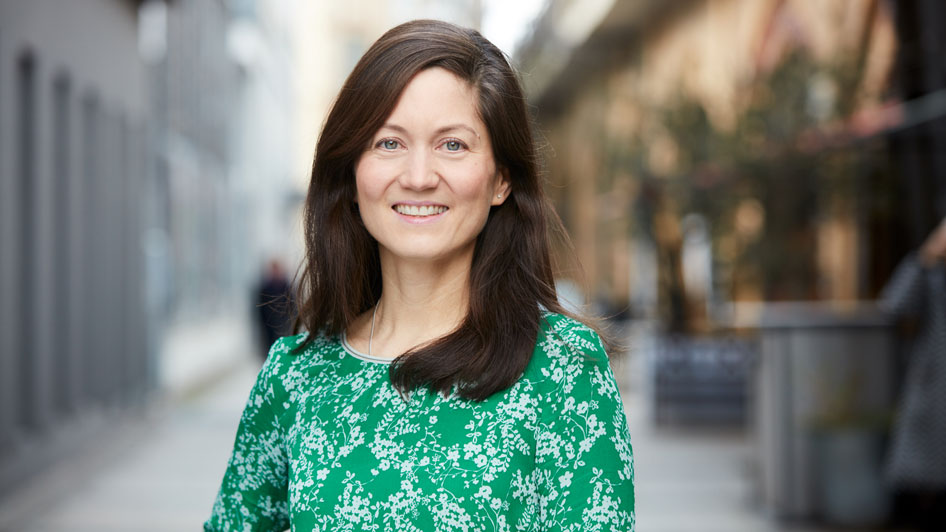
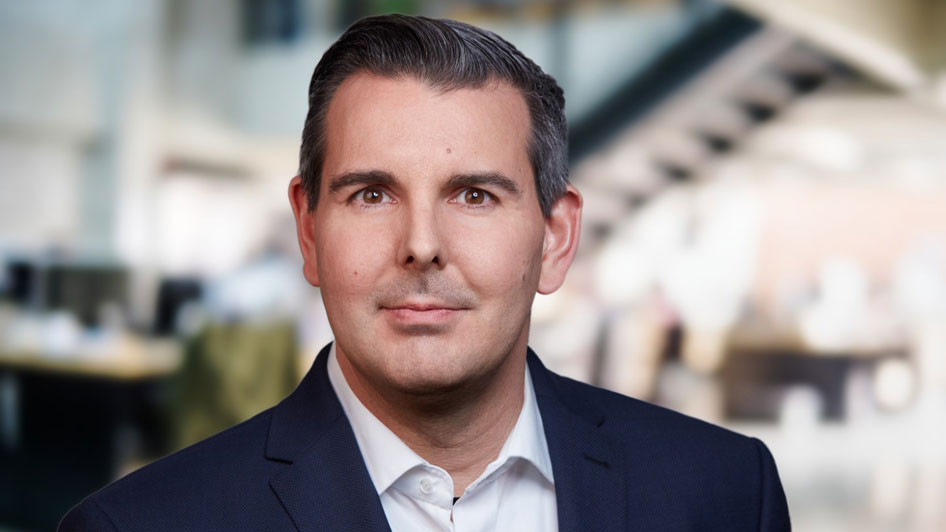
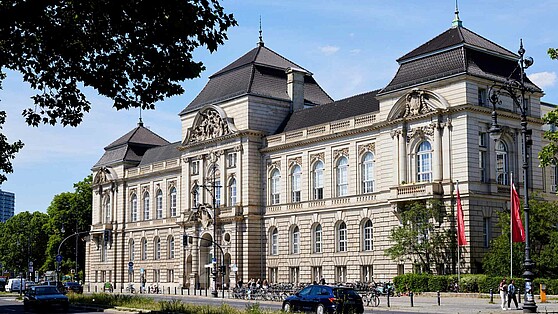


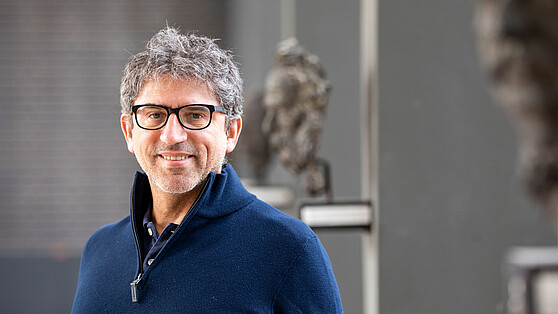
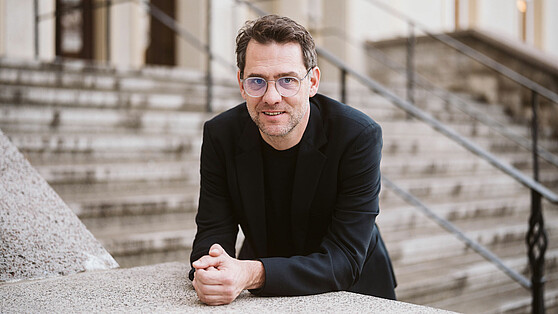




































































































![[Translate to English:] [Translate to English:]](/fileadmin/_processed_/9/d/csm_bwasihun-vdo_558x314_c0d384ce60.jpg)
![[Translate to English:] Berlin University Alliance/Matthias Heyde [Translate to English:]](/fileadmin/_processed_/5/a/csm_Berlin_University_Alliance_Matthias_Heyde-558x314_4bc591ca3c.jpg)
![[Translate to English:] David Ausserhofer/IGB [Translate to English:]](/fileadmin/_processed_/6/f/csm_Hupfer__Michael_____R__David_Ausserhofer_588x314_6fef164e57.jpg)
![[Translate to English:] Helena Lopes / Unsplash [Translate to English:]](/fileadmin/_processed_/b/6/csm_helena-lopes-1338810-unsplash_558x314_857802ad2f.jpg)
![[Translate to English:] HZB/M. Setzpfandt [Translate to English:]](/fileadmin/_processed_/f/a/csm_LNDW_HZB_558x314_e1e3500ed5.jpg)
![[Translate to English:] Tim Landgraf [Translate to English:]](/fileadmin/_processed_/0/7/csm_Car2CarEnergySharing_Tim_Landgraf_558x314_485bf716e9.jpg)
![[Translate to English:] [Translate to English:]](/fileadmin/_processed_/b/6/csm_Open-Access_Berlin-Partner_Wu__stenhagen_558x314_dd0c6e714d.jpg)
![[Translate to English:] Thomas Rosenthal - Museum für Naturkunde Berlin [Translate to English:]](/fileadmin/_processed_/6/d/csm_Museum_fu___er_Naturkunde_Berlin_Thomas_Rosenthal_f11b8ba056.jpg)
![[Translate to English:] [Translate to English:]](/fileadmin/_processed_/f/c/csm_TU_Berlin_Cem_Avsar_558x314_4b07bcb055.jpg)